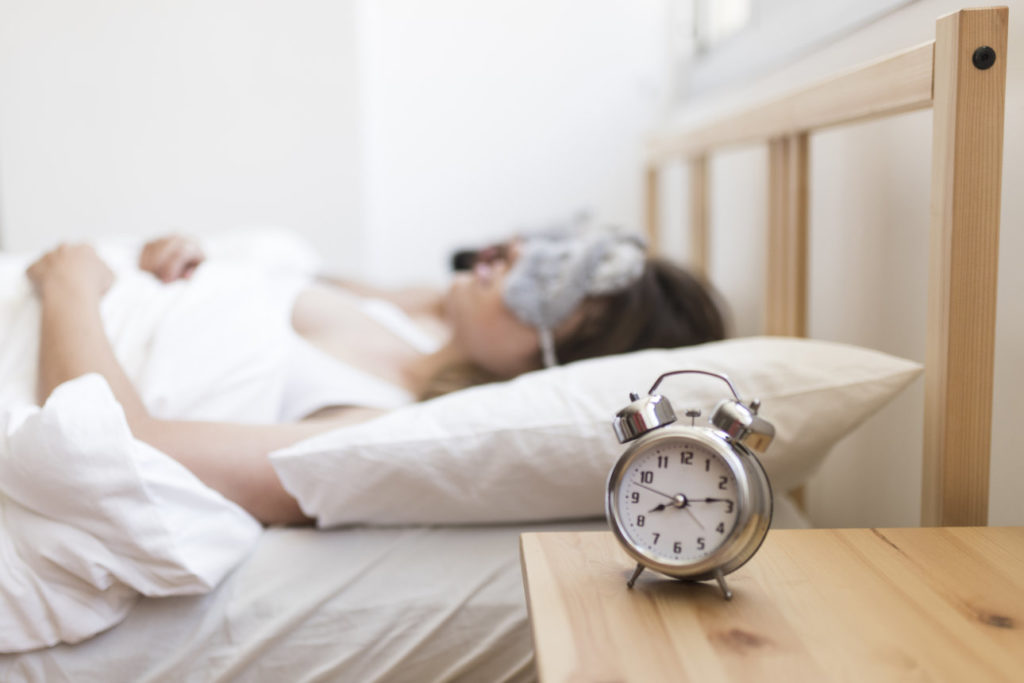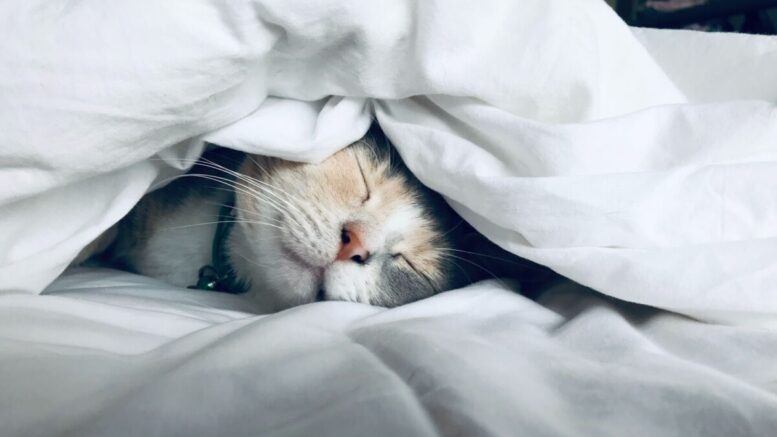Most of the time, we actually get the opportunity to hear about all the dangers linked to getting too little sleep. It’s tightly connected with medical problems like heart diseases and diabetes, directly resulting from weakened immunity. Did you know that oversleeping can cause similar effects too?
How Much Sleep Is Too Much?
By oversleeping, we consider sleeping more than eight hours a night. Reasons are numerous, but some of them might be fighting off an illness or trying to recoup a few hours of sleep. On average, most adults require 7-9 hours of sleep nightly. It’s pretty individual, but older adults usually need around six hours of sleep, while younger adults require a bit more. Your daily activities, such as traveling and exercising, can take control of your sleep cycle by making you feel exhausted during the day. If you notice that you are constantly sleepy, irritable, or unable to focus, it might be a sign of an issue.
Why Do People Sleep Too Much?
Suffering hypersomnia as a medical condition can lead people to have more naps during the day in order to get rid of extreme sleepiness. It causes them to sleep unusually long periods at night and get up tired again. Some of the signs can be anxiety, low energy, and a constant need for sleep.
Not everyone who oversleeps has a sleep disorder. Substances like alcohol and certain prescribed medications can make you sleepy and tired.

What Causes Oversleeping?
Daytime sleepiness can be a consequence of health conditions like:
- Sleeping disorders as insomnia, apnea, and narcolepsy
- Diabetes
- Obesity
- Depression and anxiety
Oversleeping-Side Effects
Weight Gain
Believe it or not, sleep has the power to impact how your body stores fat and the ability to lose it. We heard from the weight loss clinic Chicago that having more than ten hours of nightly sleep might impact weight gain. It might slow your metabolism and trigger cortisol production, which signalizes the body to store energy as fat. It’s highly noticeable in the abdomen area.
Diabetes and Heart Disease
If oversleeping becomes your habit, you should be aware that it can increase your chances of suffering heart diseases in the future. Also, too much sleep impacts blood sugar levels, making you gain weight or get diabetes type 2.
Depression
The negative impact of sleep is noticeable not only on physical but on mental health. Oversleeping is one of the first symptoms of depression, but there is not only one connection between this medical condition and too much sleep. Doctors say that people who sleep more than 10 hours a night have greater chances of suffering depression.
How to Avoid Oversleeping?
Setting a sleep schedule might be a great beginning. Simply go to bed and get up at the same time every day. It could be a way to assure you are not in sleep loss or sleep debt. Also, make your unique bedtime routine for relaxing. Listening to instrumentals or reading a book can be helpful as long as you avoid light from electronics such as a phone or laptop at least two hours before bedtime. If it doesn’t help, contacting a doctor should be your next step.
